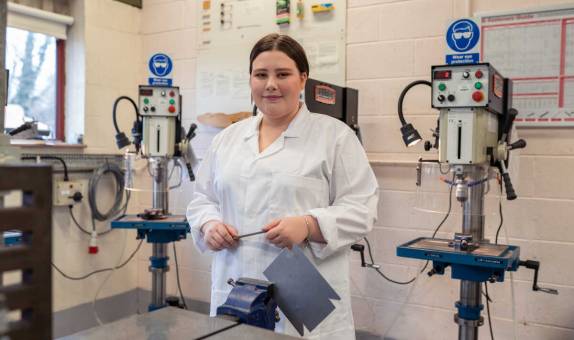Longitudinal Statistics Group
The main areas of research within the Longitudinal Statistics Group (LStats) are medical and public health data. Longitudinal research concerns the collection and analysis of data in time - a broad term and hence the methods of analysis vary substantially. Several types of data may be regarded as longitudinal e.g. repeated cross-sectional, prospective studies and retrospective studies. Such data allow the analysis of duration and permit the measurement of patterns of change.
The UK has a prominent role in the development of longitudinal studies, with its unique portfolio of birth cohort studies - BCS70, NCDS, Millennium Cohort, the British Household Panel survey, ONS Longitudinal Study of the Census, English Longitudinal Study of Ageing (ELSA). Over the past 10 years the development of longitudinal studies has underpinned advances in social sciences, particularly through the work at the Centre for Longitudinal Studies at the IoE and the Institute for Social and Economic Research.
The current interest in longitudinal data within the statistics community is evidenced by:
- the introduction of a new journal - Longitudinal and Life Course Studies - in 2009;
- the dedicated longitudinal studies sections at the Royal Statistical Society (RSS) Annual Conference, 2009;
- the establishment of the Society for Longitudinal and Life Course Studies in 2009. Much of the research has been in social or psychosocial contexts including education.
As medical records become increasingly computerised, and as longitudinal datasets become more accessible, the LStats group envisages a significant expansion in the use of such data in many aspects of healthcare and medical provision. Within this there is a need to identify unresolved methodological and practical problems when using routine health data in research.
Contact us
For more details about the Research Group, please contact the group leader, Dr Rosemary McNiece.









